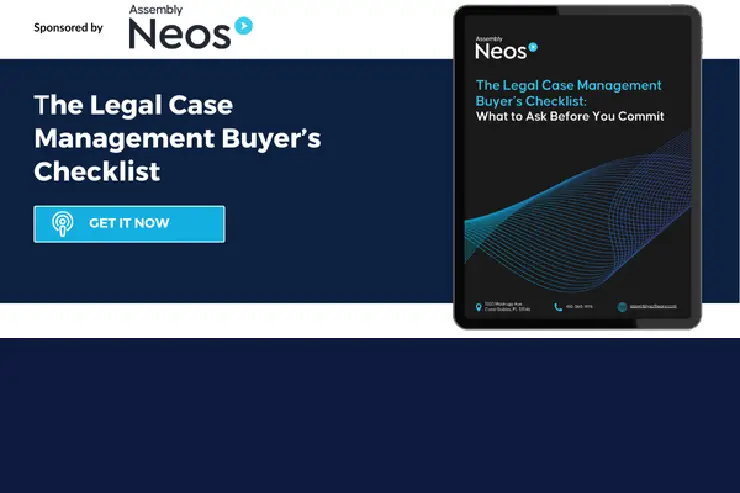1. Firewalls: Your First Line of Defense
A firewall acts as a barrier between your internal network and the outside world, monitoring incoming and outgoing traffic based on predetermined security rules. It’s the first layer of protection against malicious traffic and unauthorized access. Every business, regardless of size, should have a firewall in place as part of its cybersecurity toolset. By filtering out potentially harmful data packets, firewalls help to keep your sensitive information safe.
Popular firewall solutions: Cisco ASA, Fortinet FortiGate, Palo Alto Networks.
2. Antivirus Software: Detect and Eliminate Threats
Antivirus software is a must-have for businesses as it protects your systems from malware, viruses, and other malicious software. Modern antivirus tools offer real-time scanning capabilities that detect and remove malware before it can cause any significant damage. To ensure comprehensive protection, your business should use antivirus software that offers regular updates to stay ahead of evolving threats.
Popular antivirus solutions: Norton Business, Bitdefender GravityZone, Kaspersky Endpoint Security.
3. Password Managers: Safeguarding Credentials
Weak or reused passwords are a major cause of data breaches. Password managers are vital tools that help businesses securely store and manage passwords for various accounts and systems. These tools generate complex, unique passwords for each account, significantly reducing the risk of a cyberattack caused by poor password management. Additionally, password managers allow team members to access necessary passwords without compromising security.
Popular password manager solutions: LastPass Business, Dashlane, 1Password.
4. Encryption Tools: Protecting Data in Transit
Data encryption ensures that sensitive information remains secure while in transit or storage by converting it into an unreadable format that can only be decoded with the correct encryption key. Businesses need encryption tools to protect confidential data, especially when transferring information across different networks or storing it in the cloud.
Popular encryption tools: VeraCrypt, AxCrypt, Microsoft BitLocker.
5. Multi-Factor Authentication (MFA): Strengthening Access Controls
Multi-factor authentication adds an extra layer of security by requiring users to provide two or more verification factors to access sensitive systems or data. It reduces the likelihood of unauthorized access, even if login credentials are compromised. Implementing MFA tools ensures that your business accounts and systems are far less vulnerable to hacking attempts.
Popular MFA solutions: Duo Security, Microsoft Authenticator, Google Authenticator.
Conclusion
Businesses face an ever-evolving landscape of cybersecurity threats. Implementing these 5 must-have cybersecurity tools for businesses—firewalls, antivirus software, password managers, encryption tools, and multi-factor authentication—will help fortify your organization’s defences and protect it against costly cyberattacks. Each of these tools plays a crucial role in securing your data, ensuring that your business remains safe from emerging threats.
By adopting these essential cybersecurity solutions, businesses can not only protect their assets but also gain a competitive advantage by ensuring trust and reliability in today’s digital marketplace.






